Tribute: What we have lost in Dmitri Hvorostovsky
mainHe was the kindest, friendliest, most immaculate of opera singers.
In a world where egos rage and talent is measured by the size of fees, Dmitri Hvorostovsky, who died today, stood apart, in a class of his own. No-one ever had a word to say against him.
Raised in Siberia, an only child, he won a couple of Russian competitions before bursting onto the world scene, running away with the BBC’s Cardiff Singer of the World Competition in 1989, ahead of the hotly-favoured Welsh baritone, Bryn Terfel.
He went on to play every major opera house in the world, charming one and all with the ease of his musicality and his unfailing good nature. He was the foremost Eugene Onegin of our time, the sexiest Don Giovanni, the dominant Rigoletto, a role he sings in his final recording, released just last week. It would be invidious, at this moment of grief, to single out one performance or another: all were stamped uniquely with his character.
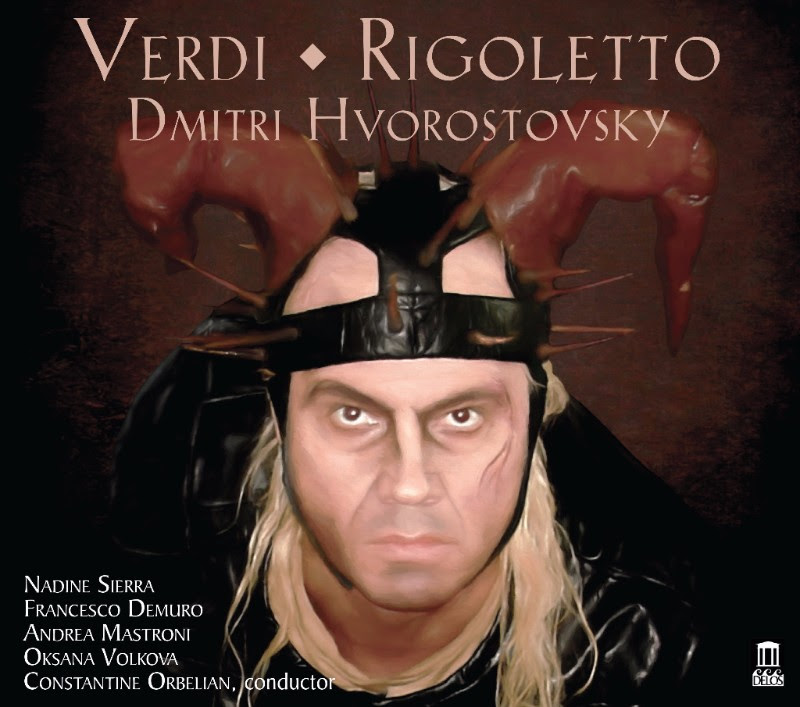
He was also a formidable concert recitalist, eagerly sought as a partner by the leading sopranos. He wore his fame with humility, ever alert to the needs of the less fortunate and frequently turning up to sing in charity fund-raisers.
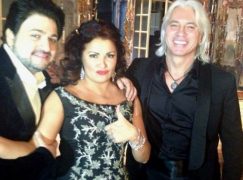
After a failed first marriage, he found deep contentment in London with Florence and their children.
Like every Russian artist, Dmitri was put under considerable pressure to declare his support for Vladimir Putin. He bravely and notably refrained from doing so, all the while continuing to give recitals in far-flung parts of Russia where he was loved as a man of the people.
In quarter of a century he never put a foot wrong. And when cancer struck he handled his shrinking horizons with delicacy and unfailing candour. At 55, he was cut off in his prime.
He will forever be remembered for the greatness of his voice. But we must never forget his humanity.
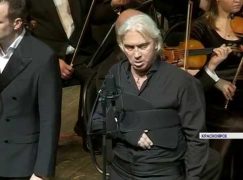
UPDATE: You can read this post in Chinese here.

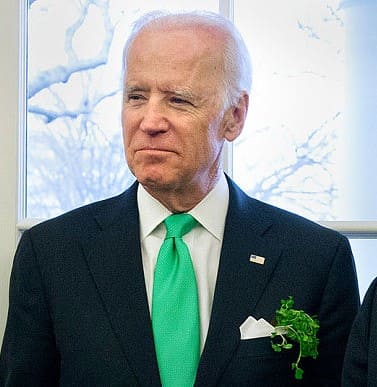
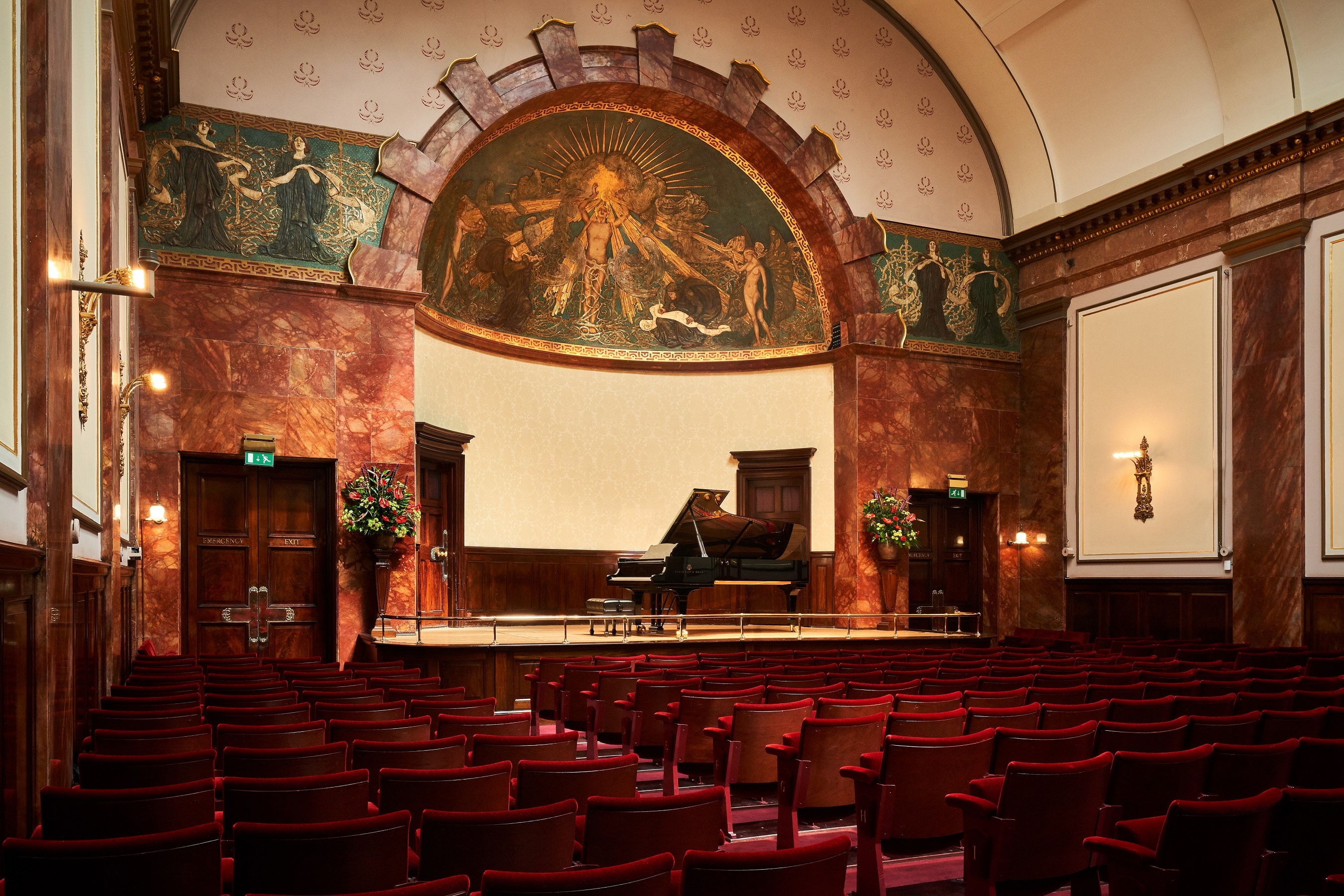
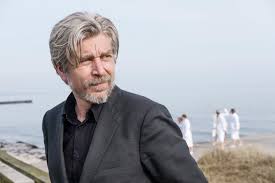
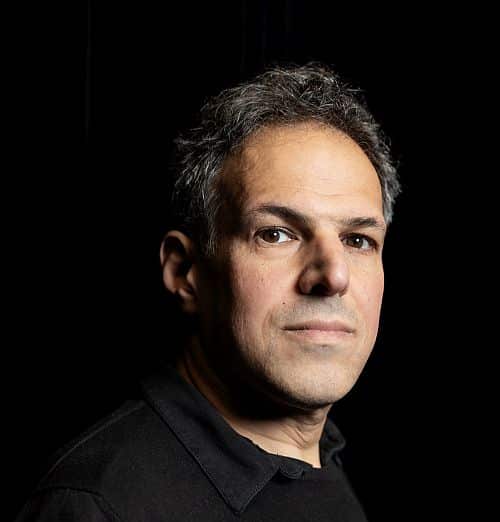
Comments